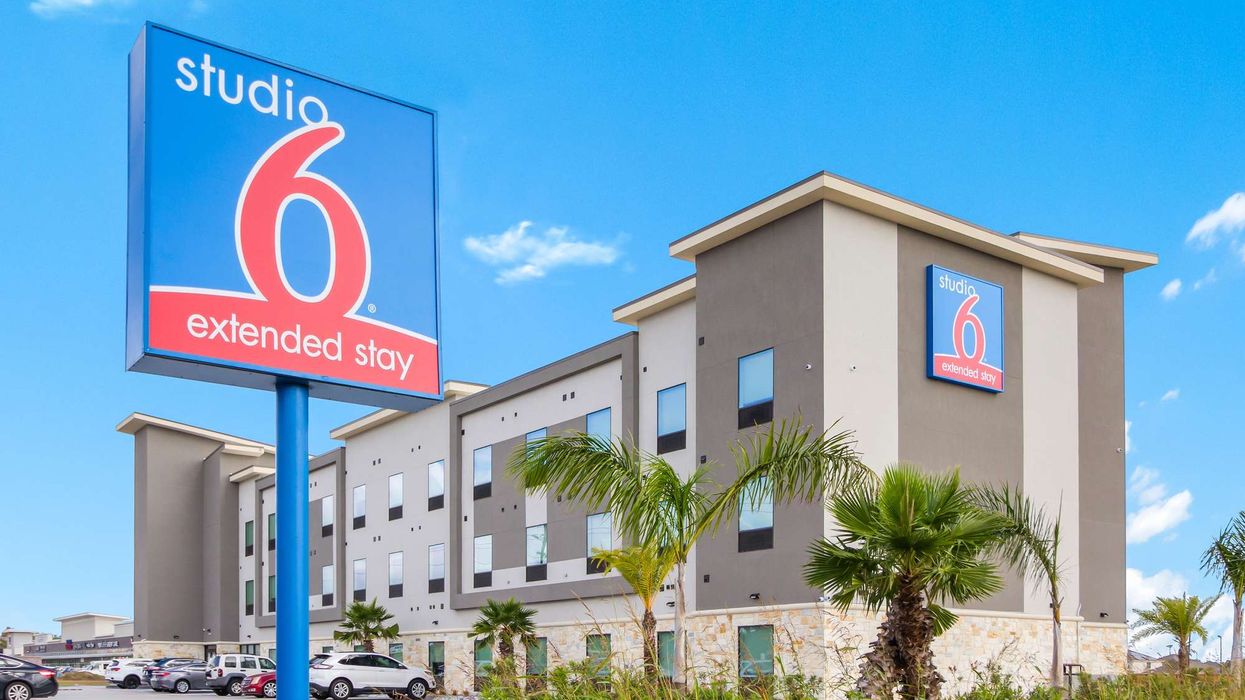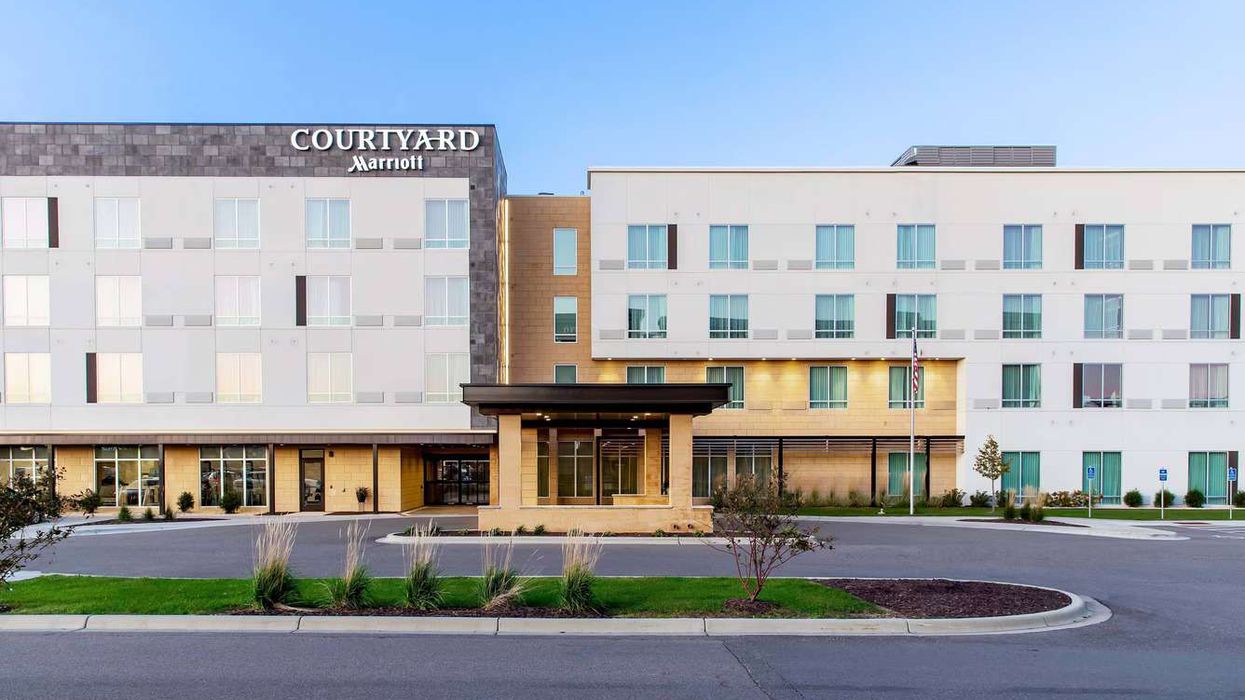SHORT-TERM APARTMENT rentals have felt less impact from the COVID-19 pandemic than hotels. By August, STR and AirDNA will release the full results of a global study into why that has been the case.
Preliminary results from the study released Wednesday give a picture of the full findings. It looked at the performance of traditional hotels, hotel-comparable short-term rentals including studios and 1-bedroom units and larger short-term rentals with two bedrooms or more using weekly data from March 2019 through the week ending June 27. It covered 27 global markets.
The preliminary findings include:
- Supply fluctuated consistently across the three accommodation types.
- Traditional hotels saw the most severe year-over-year declines in performance as well as the lowest absolute points during the pandemic.
- During the most recent week of the analysis, larger short-term rentals had the highest occupancy, 61.4 percent. Short-term rentals most comparable with hotels came in at 58.2 percent, while traditional hotels were at 39.2 percent.
- Larger short-term rentals posted the most favorable week-over-week percentage change in ADR over the course of the pandemic. During the final two weeks of the analysis, however, traditional hotels showed the highest growth of 5.1 percent and 2.4 percent, respectively.
- Regional areas are seeing faster performance gains than urban areas across the two accommodation sectors.
More preliminary results from the study will be released Thursday in a webinar with Scott Shatford, AirDNA founder and CEO, and Robin Rossmann, STR’s managing director. The full analysis will be posted on STR and AirDNA’s websites in the next few weeks.
Hotel investment advisors The Highland Group released a study in early July that also found short-term rentals were outpacing hotels during the downturn. Demand and revenue for the short-term rental for the first four months of 2020 were both down from the same time last year, 15 percent and 22 percent respectively. The same metrics for hotels fell 32 percent and 35 percent, according The Highlands Group’s US Short-Term Rental Market Report 2020.












